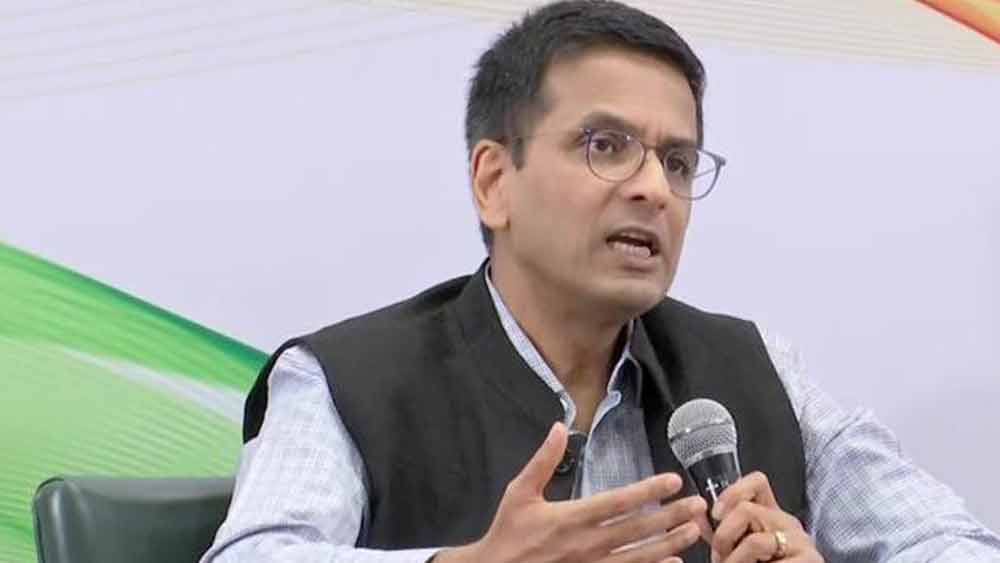In a bid to remove the barriers to access, Chief Justice of India D Y Chandrachud has constituted a committee headed by apex court judge Justice S Ravindra Bhat to conduct an audit of "physical and functional access" of the top court premises to make them disabled friendly.
The 'Supreme Court Committee on Accessibility' has been given a broad mandate to prepare and release a questionnaire for persons with disabilities, including the apex court employees, advocates, litigants and interns, who visit the top court premises to assess the nature and extent of problems they face.
According to a notice uploaded on the apex court website, the committee will prepare a report on the accessibility audit, result of the survey of persons with disability and recommendations/proposals geared towards removing the barriers to access.
"The Chief Justice of India has been pleased to constitute a committee namely the 'Supreme Court Committee on Accessibility' to conduct accessibility audit of physical as well as functional access to the Supreme Court chaired by Justice S Ravindra Bhat, Judge, Supreme Court of India," said the December 19 notice.
The notice said the other members of the committee include Dr Sanjay Jain, professor of National Law School of India University, Bengaluru, Shakti Mishra, librarian nominated from the apex court, V Sridhar Reddy, advocate nominated by the Supreme Court Bar Association and Nilesh Singit, independent accessibility expert nominated by the Centre for Disability Studies (NALSAR University of Law).
Additional registrar of the Supreme Court, Ajay Agrawal, is the member (secretary) of the committee.
As per the notice, the committee will conduct an accessibility audit of the top court premises and its functioning extending to both physical as well as technology accessibility.
It said one of the broad mandates of the committee is to carry out any other activity required to conduct the accessibility audit.
On November 24, in a bid to make the software used by the Supreme Court accessible to those visually impaired, Justice Chandrachud had, in the midst of a hearing, sought the assistance of senior lawyer S K Rungta and asked him how he follows written arguments and gets them converted into a braille document.
Rungta, who lost his vision at a very young age, was responding to the written submissions of some senior lawyers in a case related to the Maharashtra Electricity Regulatory Commission before a bench headed by the CJI.
Chandrachud had then said some changes have been made to the official website of the top court by making it accessible through audio captchas.











